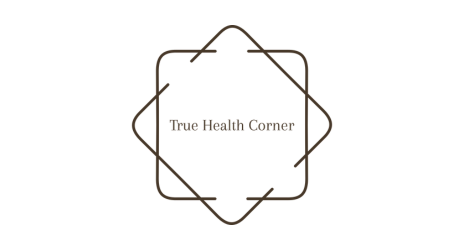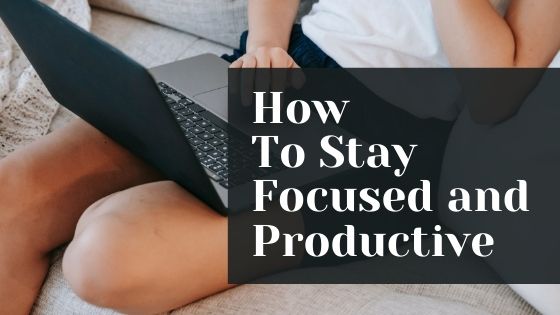Focus is the key to productivity. Most of what we say and do is not essential. If you can eliminate it, you will have more time and more tranquility. In this article, you will learn why focus is important in both your personal and professional lives. You will also learn tips and strategies for keeping your focus so you can be more productive.
Why is focus important?
When you focus on a single task, avoiding distractions, your brain becomes focused on that task alone. This lets you complete that task much quicker than if you were trying to complete two or three tasks at once.
For instance, let’s say you have to write a report, do your meal planning for the week, and research information for an upcoming speech. The best thing to do is to set aside all but one task.
So, for this example, you want to give all your attention to writing your report. That means turning off the TV, cell phone, and social media notifications, closing your door, and putting all your attention on writing this report.
When you focus on the task at hand without distractions, your work will be of higher quality because you will only be thinking about what you are working on at present. Also, your creativity will kick in, allowing you to come up with ideas for the task you are working on.
Focus also allows your subconscious to do the work. Remember when you first learned how to ride a bike or drive a car? At first, it was difficult. But as you focused on what you were doing, your subconscious took over and helped you learn. The same is true in your everyday tasks. Once you begin focusing solely on one task, your subconscious helps you do it quicker and easier.
Why is multitasking so bad?
If you are like many people, you spend your days multitasking, i.e., doing many things at the same time. You are probably so used to multitasking that you don’t realize when you are doing it. You also believe it helps you save time.
Multitasking is bad for so many reasons:
Multitaskers lose productivity. Switching between tasks is counterproductive. You lose time and concentration every time you switch to a different task.
Multitaskers are less likely to finish a quality project. They may finish all their tasks for the day but they will most likely be subpar compared to if they had focused on one to completion before starting another one.
Multitasking can affect your relationships. If you constantly check your phone and send text messages while interacting and talking to other people, it can put people off.
Multitasking can cause you stress. If you are writing a report, trying to remember the emails you have to reply to, and cooking dinner at the same time, you may lose focus on the task you are doing. Instead of multitasking, prioritize your tasks and break them up into chunks.
Tips to improve focus
Maybe you want to focus on one single task, but you find yourself easily distracted. You find it difficult to focus on one thing because you find your mind wandering. Here are some valuable tips on how to improve focus.
Cut your goals into small targets
Your target goal may appear too big or difficult. Instead of working towards the ultimate end goal, break it down into smaller, more achievable goals you can reach in a few days. Then cross each smaller goal off your list as you achieve it.
Track your time
Keep track of how you spend your time for a week. Analyze your results. Tweak and get rid of time-wasting activities.
Plan your week
At the end of your week, find a quiet spot to plan out the next week. Write down the key projects and the tasks associated with them. Don’t forget to add family activities you will participate in.
Prioritize your list
Break down your tasks from most important to least important. Use a calendar to mark out blocks of uninterrupted time (anywhere from 15 to 60 minutes) to work on each one.
Learn to say NO
If you already have so many tasks to do, don’t take on more responsibilities than you can handle.
Create an environment that works for you
Do you need a quiet space, free from noise, people, and television noise? Set up your space in a way that works for you. If you work best in a clean and clear area, put away or file papers and magazines. If you can focus better while listening to music or some ambient noise, find a way to make that happen.
Take a break when needed
Short breaks help break up boredom and burnout when you are working on a big project. Get up and walk around the room. Do some stretches.
Break it up
Break up your tasks into smaller chunks of time, with short breaks in between. For example, work on a task in 15-minute chunks. For example, if you are writing a book, don’t try to do the whole thing at once. Break it down. Take 15 minutes to write your outline. Take a short break, then 15 minutes to research the first chapter. And so on.
Time clock
Work within your body’s most comfortable time period. Maybe you work best early in the morning, before sunrise, or late at night. Work when you are most productive.
Exercise
Exercise your body and mind every day. Take walks. Do crossword puzzles. Engage in lively discussions.
Consult your physician
Sometimes, difficulty focusing may be a symptom of a condition like depression, hormonal imbalance, or a deficiency in some vitamins. Your doctor will examine you and carry out tests to determine if your issues require medical intervention.


Leave a Reply